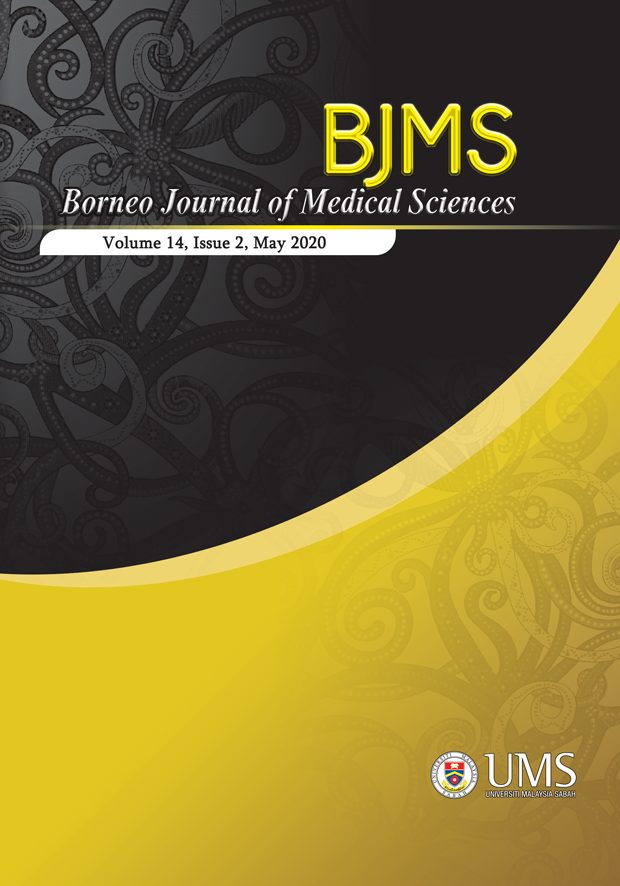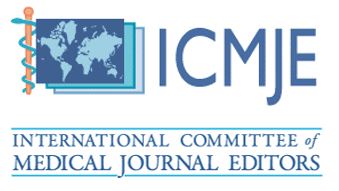Intractable Normal Anion Gap Metabolic Acidosis in a Patient with Diabetic Ketoacidosis
DOI:
https://doi.org/10.51200/bjms.v14i2.1834Keywords:
normal anion gap metabolic acidosis (NAGMA), high anion gap metabolic acidosis (HAGMA), Diabetic ketoacidosis, Diabetes mellitusAbstract
High anion gap metabolic acidosis (HAGMA) is a hallmark of Diabetic Ketoacidosis (DKA). Occasionally, a Normal Anion Gap Metabolic Acidosis (NAGMA) can be seen, especially during the treatment phase. In this case report, a 55-year-old lady with diabetes mellitus who presented with a 2-day history of fever, lethargy and multiple episodes of vomiting and diarrhoea. Initial laboratory investigations revealed: capillary blood glucose as 27 mmol/L, urine ketone as 3+, blood ketone as 3.5 mmol/L, serum bicarbonate as 14 mmol/L, and serum chloride as 95 mmol/L. She was treated with intravenous normal saline fluid resuscitation and constant rate insulin infusion which was fortunately accompanied by stabilization of blood glucose and normalization of blood ketone to 0.2 mmol/L. However, despite normalization of her anion gap (25 to 14), she remained unwell with acidotic breathing due to refractory hyperchloraemic NAGMA with bicarbonate at 11 mol/L and chloride of 112 mmol/L. It was then decided to administer 100 mL of 8.4% Sodium Bicarbonate solution. The next day, she was no longer tachypneic as her bicarbonate and carbon dioxide improved to 21 mmol/L and 32 mmHg respectively. The presence of NAGMA in DKA should prompt clinicians to conduct a thorough search for possible underlying causes, such as gastrointestinal fluid loss, sepsis and chloride load from aggressive fluid resuscitation with normal saline. Sodium bicarbonate should only be considered in intractable cases to correct a NAGMA and not routinely used in the treatment of DKA.
Downloads
Published
How to Cite
Issue
Section
License
All articles are published under the Creative Commons Attribution-NonCommercial (CC BY-NC 4.0) license, enabling users to read, download, copy, distribute, and adapt the material for non-commercial purposes, provided proper credit is given to the original authors and the source. This model supports transparency, accessibility, and the global exchange of medical knowledge.








1.png)





